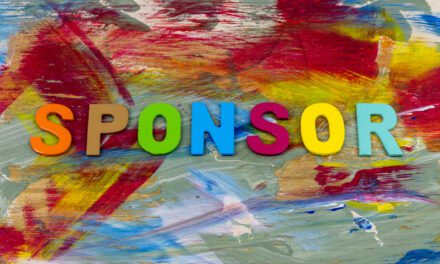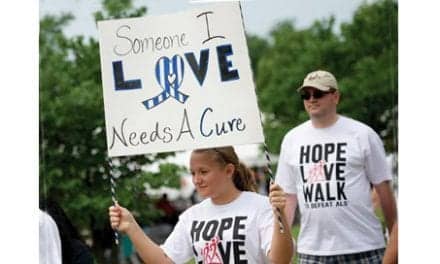Boston Children’s Hospital recently received a $1.5 million gift to establish an Augmentative Communications Program (ACP) to help ALS patients “bank” their messages for when their disease progresses to a point when they are unable to speak.
With “message banking,” patients with amyotrophic lateral sclerosis (ALS) record and curate (or “bank”) words and phrases—including those that may be unique to him or her, and hold special meaning to family and friends—before they lose their ability to speak. These high-fidelity digital recordings are then loaded into assistive devices, and the patient can select and play each individual message at will, explains a media release from Boston Children’s Hospital.
The initial $1.5 million gift to create this program was made by Travelers Chairman Jay Fishman—recently diagnosed with ALS—and his wife, Randy. This gift, together with contributions from other donors, total nearly $4 million, and represent a substantial kickoff of an effort to raise $10 million for the permanent endowment of the program, the release continues.
“This program will give newly diagnosed patients control over one particularly frightening outcome of the disease and will provide them with the ability to do something for themselves and their families,” says Fishman, in the release.
“We can’t change someone’s medical diagnosis,” notes ACP director John Costello, MA, CCC-SLP, in the release. “But we can help them maintain dignity, control, and social connectedness while expressing their true selves and remaining active members of the world around them. After all, communication is the thread that connects us all.”
The ACP at Boston Children’s Hospital will also offer comprehensive augmentation communications services to ALS patients at all stages of the disease. This includes low-tech and no-tech options to individuals who cannot take advantage of message banking, as well as assistive technology solutions that allow people to use their computer to work and control their home environment, per the release.
“If you could not speak and you want to say to someone, ‘I’m thirsty,’ a computer-generated synthetic voice is fine. If, however, you want to tell your child, ‘I’m so proud of you,’ you want it to come from you in your own voice,” Costello explains in the release. “I am thrilled that we can now expand the number of people with ALS who can take advantage of this incredible technology.”
For more information, visit Boston Children’s Hospital.
[Source(s): Boston Children’s Hospital, PR Newswire]





